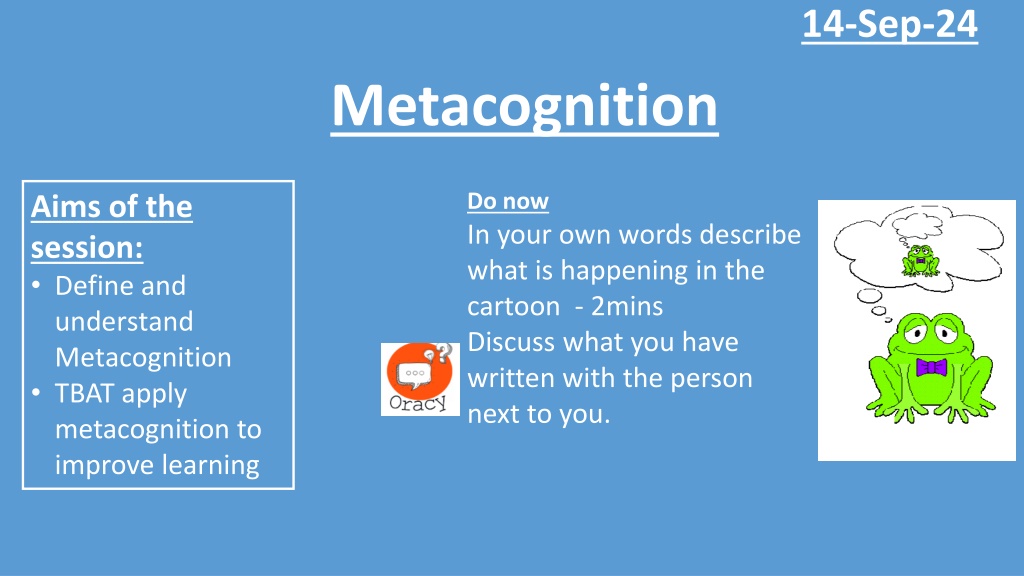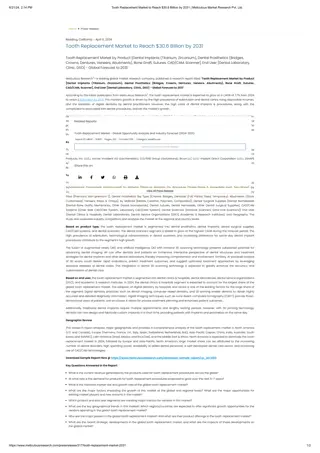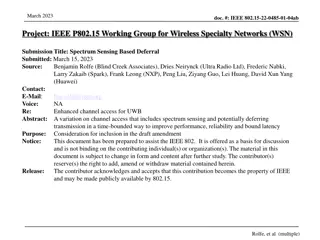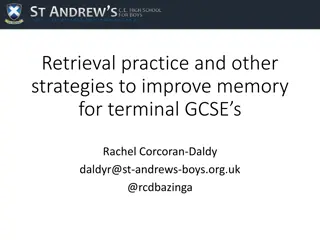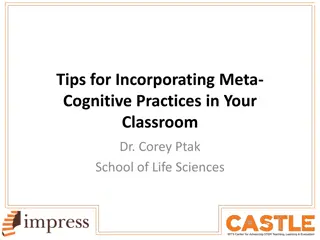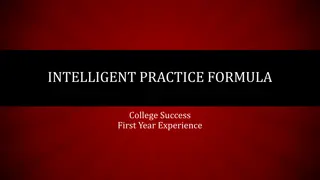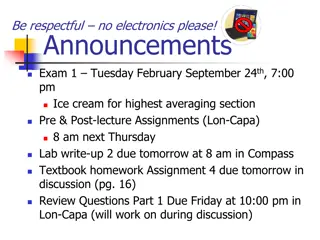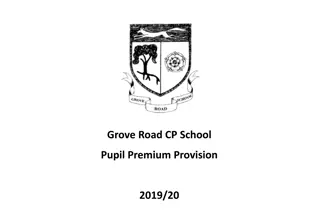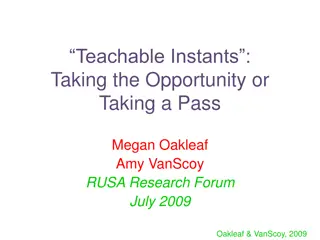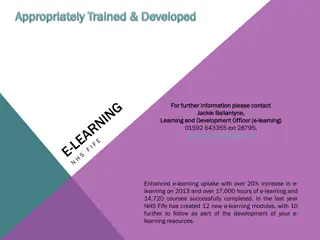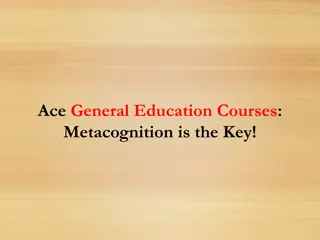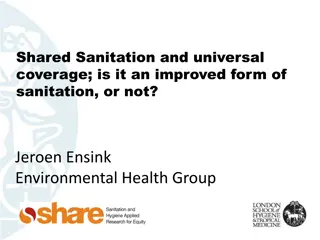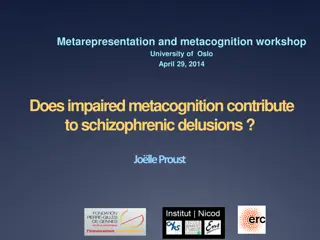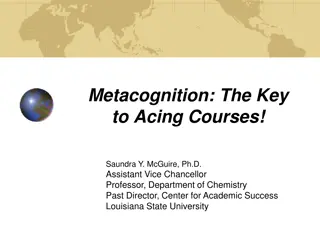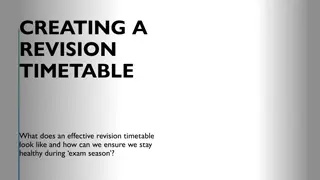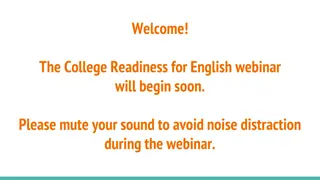Understanding Metacognition for Improved Learning
Metacognition involves thinking about one's own thinking processes to improve learning outcomes. In this session, participants explore the concept through interactive activities like analyzing a cartoon, playing games, and discussing strategies for success. Key components of metacognitive regulation, such as planning, monitoring, and evaluation, are highlighted to promote self-awareness and effective learning approaches.
Download Presentation

Please find below an Image/Link to download the presentation.
The content on the website is provided AS IS for your information and personal use only. It may not be sold, licensed, or shared on other websites without obtaining consent from the author. Download presentation by click this link. If you encounter any issues during the download, it is possible that the publisher has removed the file from their server.
E N D
Presentation Transcript
14-Sep-24 Metacognition Do now In your own words describe what is happening in the cartoon - 2mins Discuss what you have written with the person next to you. Aims of the session: Define and understand Metacognition TBAT apply metacognition to improve learning
Feedback The frog is thinking about his own thinking
Define Metacognition Meta Greek prefix (comes at the start of a word) Essentially means about Cognition Has to do with brain function and thinking Metacognition - Thinking about your thinking. In other words, it s that moment where you step back from whatever you re doing and assess: How is my strategy working? What could I do to improve my understanding and progress?
Metacognition in action TASK You have two mins to play as many games of nought and crosses As you play, pay attention to what is going on in your mind as you make your choices throughout the game
Metacognition in action - Discussion Raise you hand if you won at least one game Who wants to share their secrets for success? What were you thinking in your mind before you made your move? Do you have a favourite place to start? Why do you start there? So you had a plan!!! If you partner made a move you were not expecting, what did you do/think? Thought of ways to adjust your plan to win Thus you thought about your own thinking/strategy to win
Metacognitive regulation Made up of three important skills 1. Planning 2. Monitoring 3. Evaluation
Metacognitive regulation 1. Planning 1. 2. 3. What are you being asked to do Which strategies will you use Are there any strategies that you have used before that might be useful? 2. Monitoring 1. Is the strategy being used useful? 2. Do you need to try something different? 3. Evaluation 1. How well did it go? 2. What didn t go well? What could I do differently next time? 3. What went well? What other types of problems can I use this strategy for?
Application of metacognitive regulation Example: Using mental arithmetic, calculate 46 x 7 Answer = 322 What are you being asked to do Which strategy will you use? Is the strategy that you are using working? Do you need to try something different? How well did it go? Example: Could you calculate 23322 x 42??
You will be shown a 16 digit number for 10 seconds, see if you can memorise it 4871947503858604 How about a series of letters? thecatsatonthemat Which task was easier to do and why?
Chunking You are able to chunk the letters into recognisable words/letters Chunking is dependent on your long term memory You can store rules/processes in your long term memory to help you solve problems If you do not have the relevant knowledge stored in your long term memory then problems become harder to solve To become good at something you must first acquire the knowledge base of that topic/subject
Counting Vowels in 30 seconds How accurate are you? Count all the vowels in the words on the next slide.
Dollar Bill Dice Tricycle Four-leaf Clover Hand Six-Pack Seven-Up Octopus Cat Lives Bowling Pins Football Team Dozen Eggs Unlucky Friday Valentine s Day Quarter Hour
How many words or phrases do you remember?
Lets look at the words again What are they arranged according to?
Dollar Bill Dice Tricycle Four-leaf Clover Hand Six-Pack Seven-Up Octopus Cat Lives Bowling Pins Football Team Dozen Eggs Unlucky Friday Valentine s Day Quarter Hour What are the words arranged according to?
NOW, how many words or phrases do you remember?
What were two major differences between the 1st and 2nd attempts?
1. We knew what the task was 2. We knew how the information was organized
Turning yourself into an efficient learner Do think aloud exercises Constantly ask yourself why and what if questions Always test your understanding by verbalizing or writing about concepts; practice retrieval of information Always solve problems without looking at an example or the solution Memorize everything you re told to memorize (e.g. definitions) Test understanding by giving mini lectures on concepts Spend time on each subject every day
Task Using all the information gathered Write a letter to your future self to explain how you can improve your performance in school and why it is important Willing volunteers to read letter out loud
Summary The most important thing is knowing that all is not lost. There is always a way forward. The power of metacognition is that it helps us stop and notice the current situation and skills, and thoughtfully reflect on how to improve them for the future.
